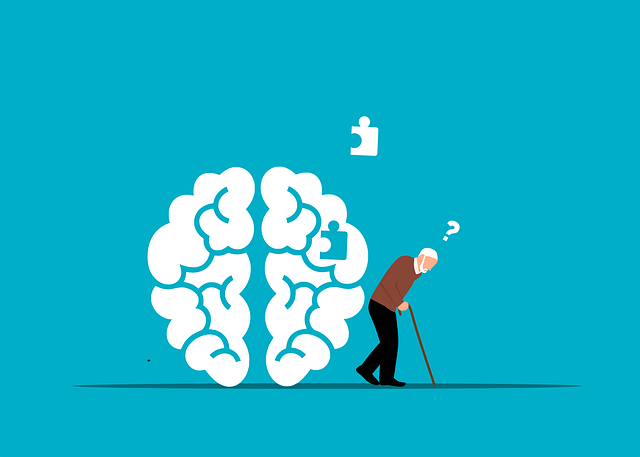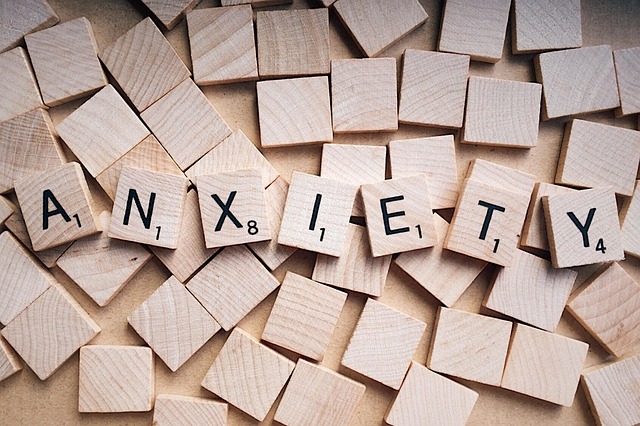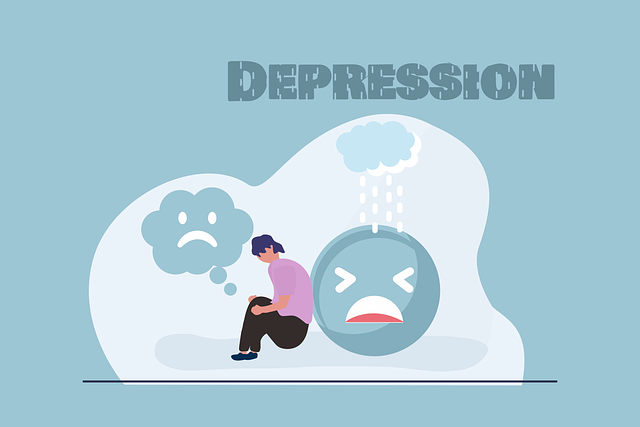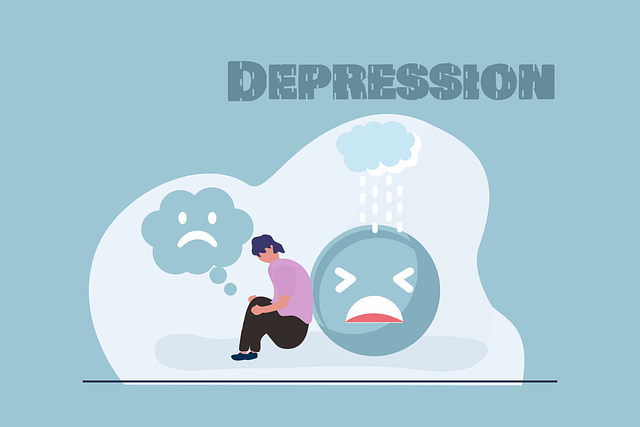Northglenn Developmental Disability Therapy provides comprehensive anxiety management strategies, combining Cognitive Behavioral Therapy (CBT), mindfulness, relaxation techniques, and lifestyle changes. Experts emphasize recognizing physical and mental anxiety signs, understanding triggers, and developing coping strategies for effective management. Cultural sensitivity ensures tailored support for all clients, fostering a community that promotes mental wellness through evidence-based practices and advocacy.
Anxiety is a common challenge, but there are effective techniques to manage it. This comprehensive guide explores various strategies for navigating anxiety, tailored for individuals in Northglenn seeking developmental disability therapy. From understanding anxiety’s signs and triggers to powerful therapeutic approaches like Cognitive Behavioral Therapy (CBT), we delve into practical mindfulness and relaxation techniques. Additionally, discover the impact of lifestyle changes and support systems in building resilience against anxiety.
- Understanding Anxiety: Recognizing the Signs and Triggers
- Cognitive Behavioral Therapy (CBT): A Powerful Tool for Managing Anxiety
- Mindfulness and Relaxation Techniques to Soothe the Mind
- Lifestyle Changes and Support Systems: Building Resilience Against Anxiety
Understanding Anxiety: Recognizing the Signs and Triggers

Anxiety is a common yet complex emotional state that can significantly impact an individual’s daily life. Recognizing the signs and understanding the triggers of anxiety is the first step towards managing it effectively, as offered by Northglenn Developmental Disability Therapy professionals. This awareness enables individuals to identify when they’re experiencing heightened anxiety, whether it manifests as physical symptoms like rapid heartbeat, sweating, or dizziness, or mental ones such as excessive worry, restlessness, and difficulty concentrating.
Understanding the triggers is equally crucial. These could be specific situations, people, or even thoughts that set off anxiety attacks. For instance, social gatherings might trigger social anxiety, while past traumatic experiences could be a catalyst for generalized anxiety disorders. Once these triggers are identified, individuals can begin to develop strategies, such as confidence-boosting techniques and inner strength development, to navigate through them, as suggested by mental health professionals, and create a healthier mental state.
Cognitive Behavioral Therapy (CBT): A Powerful Tool for Managing Anxiety

Cognitive Behavioral Therapy (CBT) is a highly effective approach for managing anxiety, as recognized by Northglenn Developmental Disability therapists. CBT focuses on identifying and changing negative thought patterns and behaviors that contribute to anxious feelings. By challenging distorted thinking and replacing it with more realistic and balanced perspectives, individuals can learn to manage their anxiety symptoms effectively. This therapy technique empowers people to take control of their thoughts and emotions, enabling them to face stressful situations with greater confidence and composure.
This evidence-based method goes beyond simple relaxation techniques by addressing the root causes of anxiety. It incorporates various strategies such as mindfulness exercises, exposure therapy, and skill-building sessions to enhance emotional regulation and prevent burnout. Cultural sensitivity in mental healthcare practice is also integral to CBT, ensuring that therapeutic approaches are tailored to each individual’s unique background and needs, thereby fostering a supportive environment for all clients, including those with developmental disabilities.
Mindfulness and Relaxation Techniques to Soothe the Mind

Mindfulness and relaxation techniques are powerful tools for managing anxiety, especially for individuals in Northglenn seeking support for developmental disabilities. These practices focus on bringing one’s attention to the present moment, allowing them to detach from anxious thoughts and feelings. By cultivating mindfulness, folks can observe their thoughts without judgment, creating a mental space that fosters calmness and clarity.
Simple relaxation techniques, such as deep breathing exercises and progressive muscle relaxation, help in reducing physical tension associated with anxiety. Engaging in these practices regularly enables individuals to develop a stronger sense of self-awareness and emotional regulation. For instance, Mental Wellness Journaling Exercises can be a form of mindfulness practice, where one reflects on their emotions, thoughts, and triggers, helping to identify patterns and gain insights into managing anxiety effectively. The Northglenn Developmental Disability Therapy community offers Trauma Support Services that incorporate these techniques, providing much-needed guidance for those navigating anxiety and its underlying causes. Additionally, Community Outreach Program Implementation can play a vital role in spreading awareness about accessible resources, encouraging more individuals to explore and benefit from these soothing practices.
Lifestyle Changes and Support Systems: Building Resilience Against Anxiety

Anxiety management often involves making profound lifestyle changes that foster a sense of calm and resilience. At Northglenn Developmental Disability Therapy, we emphasize holistic approaches to address anxiety effectively. This includes adopting healthy habits like regular exercise, mindfulness practices, and improving sleep hygiene, which are backed by scientific research as powerful tools against anxiety. By integrating these changes into daily routines, individuals can build a stronger foundation of mental well-being, enhancing their overall ability to cope with anxious feelings.
Support systems play a pivotal role in managing anxiety. Creating a strong network of family, friends, and support groups provides a sense of belonging and understanding, which is crucial for navigating the challenges of anxiety. The therapeutic environment at Northglenn Developmental Disability Therapy encourages clients to cultivate these connections, fostering cultural sensitivity in mental healthcare practice. Additionally, our therapists guide individuals in developing confidence-boosting strategies that empower them to advocate for their mental health needs, aligning with the broader goals of Mental Health Policy Analysis and Advocacy.
Anxiety management is a comprehensive process that involves understanding, treating, and preventing symptoms. By recognizing signs and triggers through strategies like Cognitive Behavioral Therapy (CBT) and implementing mindfulness practices, individuals can effectively manage anxiety. Lifestyle changes, including regular exercise and supportive networks, are also crucial in building resilience against anxious disorders. For tailored assistance, consider seeking help from Northglenn Developmental Disability Therapy professionals who specialize in these techniques to lead a calmer, more fulfilling life.














